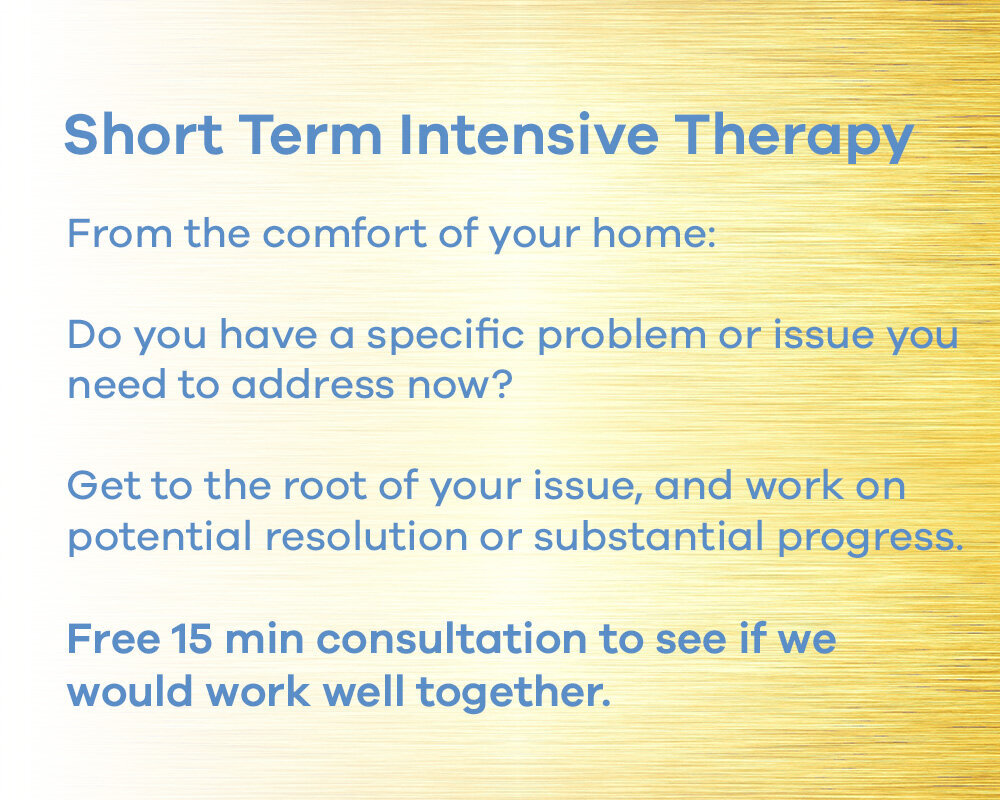Conditional Love
/The most important lesson we learn from our families is how to love. Each family has its own dance of intimacy, meaning they teach us the rules of how to interact with people and this is especially about to love. We download our immediate and extended family’s version of love. We don’t think about it, we don’t evaluate if it works or not, it simply is how the world works.
Then we go out into the world assume this is how everyone in the world does it as well. Sometimes their version works and often it does not. Again, based on how our families dance, we either step back and evaluation these different interfaces and decide if they or our families dance is right.
One of the most common methods of parenting is conditional love. When a child does something wrong and needs correction, many families will admonish and punish them in some way, like spanking, isolation, inflicting physical pain, blandishment, and other forms of rejection. All of these in one form or another are abusive and a form of conditional love. It is possible to correct a child without them feeling as though their survival or the parents love is at risk.
If there is no reassurance of continued love, assuming it is not at risk, the child, thinking in only good and bad realities will assume that the parent does not love them. Given that a child’s survival is dependent upon the parent, this can create deep anxiety in the child about their survival.
Repetition of a message from the parent as it is interpreted by the child means it because absolute truth.
It is not just parents who do this. It is common in religions, cults, and other closed groups that love bomb people and once they have them, they turn the screw and make that love continuing being conditional of acceptable behavior. It usually starts with the parents and then the child/adult finds this group that has the same love language as their families, and they feel at home. They deeply understand what is required to be acceptable and not thrown out.
Once a child is convinced only behavior that the parent wants will keep them receiving love, this becomes how they exist in the world. They extrapolate it to their schools, friends, workplaces, extended family etc.
It disables the child as deep down they don’t feel love, at least for who they are, only for being what the other person wants them to be. This leads to codependence, narcissism, substance abuse, etc.
When I see a client that had a horrific childhood, and yes has a strong sense of self, I ask them a question. Who in your childhood loved you unconditionally? Meaning no matter how bad they were they were still loved. It might be a teacher, a grandparent, someone in the extended family, a neighbor, a coach, or mentor.
These people saved that child’s life. They demonstrated real love, and the child was able to take it in. It gave them a foundation to become themselves and navigate the world without giving themselves away.





